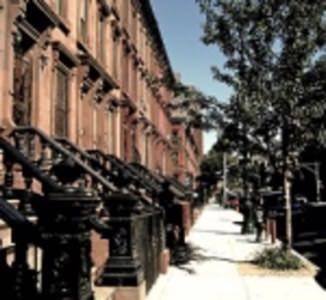Emily Hickey from the blog Early Stager asks “Is your startup in a good neighborhood?” By “neighborhood,” Hickey doesn’t mean have you leased an office in the right part of town or in the right city? But rather, she’s using “neighborhood” as an informal term for “market”: “Are you in a market that has enough heat to tangibly increase your odds of success?”

Hickey offers some signs to help you assess your neighborhood:
The Good Signs
- New Entrance Volume: lots of new
- New Entrant Diversity
- Media Love
- Big Incumbent Anxiety
A good neighborhood has new and diverse entrants moving in. The press are excited, and big companies are making “strategic investments” there.
The Bad Signs
- New Entrants are Suffering
- Press Sucks
- No Funding
- No Acquirers
No one is moving in. No one wants to fund you. You can’t think of at least 3 obvious acquirers. The media is at best ambivalent, at worst skeptical.
Hickey argues that your margins of error are much wider and luck will be on your side in a good neighborhood. And if your startup doesn’t take off, “not only do you have hopes of a talent sale – but you can also put your neighborhood knowledge to work within a brand-name company that will pay you well for it. Or maybe take a more informed start-up pass at the same market.”
Of course, assessing the market you’re in is not as simple as picking a “good” or “bad” neighborhood. And arguably you can achieve success in a neighborhood long before it’s deemed a “good” one. And to extend the physical location metaphor, once a neighborhood is seen as “good,” the ability to move in there can be difficult and costly.
But the costliest move would be to ignore what’s happening in your startup neighborhood.
Photo credits: Flickr user Kat Mereand

















